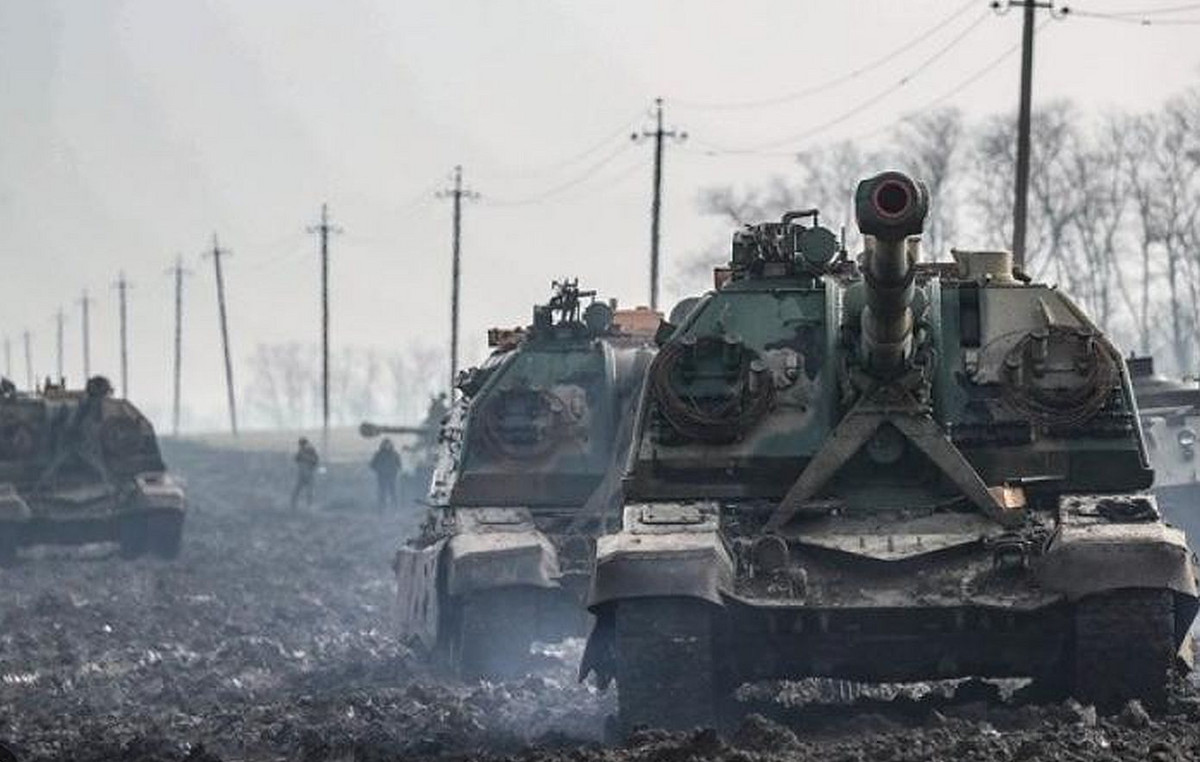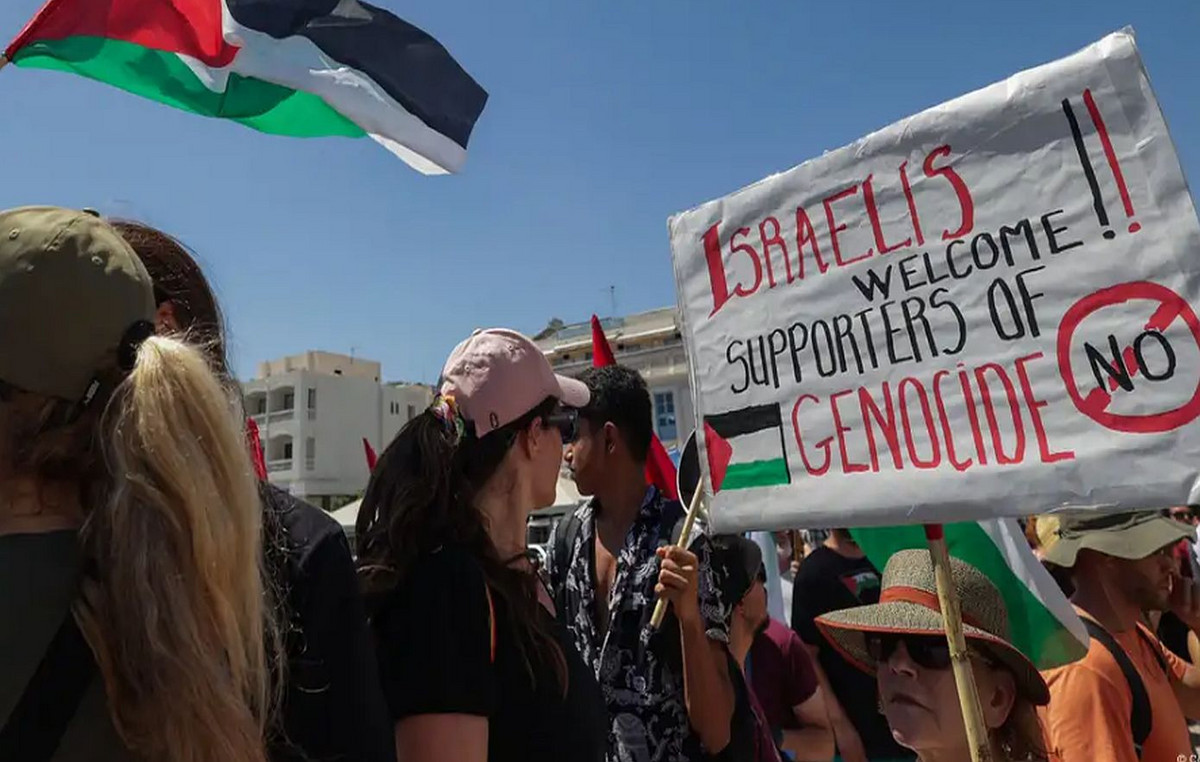THE Ayman al-Zawahri succeeded him Osama bin Laden in its leadership Al Qaeda after years in which he was the main person responsible for drawing up the organization’s strategy, but the lack of charisma and competition from rival Islamic State fighters they reduced its ability to inspire large-scale attacks against Western targets.
The 71-year-old Zawahri was killed by a US drone strike, as the American president, Joe Biden, announced yesterday evening in a live television broadcast. US officials said the attack took place on Sunday in the Afghan capital, Kabul.
Against the years following bin Laden’s death in 2011, US airstrikes killed Zawahri’s deputy commanders, undermining the veteran Egyptian fighter’s ability to coordinate the group’s international action.
As APE-MPE reports, he watched al-Qaeda essentially sideline the 2011 revolutions in the Arab world, which were mainly carried out by middle-class activists and intellectuals who opposed the long-term authoritarian rule in their country.
Although had a reputation for being rigid and aggressive, o Zawahri managed to mobilize international armed organizations, which went so far as to carry out mass uprisings, some of them having their roots in the riots that arose from the Arab Spring.
The violence has destabilized a number of countries in Asia, Africa and the Middle East.
But the days of al-Qaeda as a network with a central direction and hierarchy that attacked the US on September 11, 2001 it was past.
Instead, the group’s armed action has returned to its roots in local-level conflicts, fueled by a combination of local tensions and transnational jihadist networks using social media.
The first time the international community heard the name of Zawahri
Zawahri’s militant Islamist activism dates back decades.
The first time the international community heard his name is when he stood inside one cagein a courtroom, after the assassination of the Egyptian president Anwar al-Sadat in 1981.
“We have sacrificed and are ready for more sacrifices until the victory of Islamshouted Zawahri, who was wearing a white kelebia, as his co-defendants, angered by the peace deal Sadat had signed with Israel, shouted slogans.
Zawahri served a three-year prison sentence for illegal weapons possession, but was acquitted of the main charges.
With surgeon studies -one of nicknames he was O Doctor‘- Zawahri went to Pakistan when he was released, where he worked in the ECrescent rhythms treating mujahideen Islamists who had been injured while the Afghans were fighting the Soviet forces.
During that period he met bin Laden, a wealthy Saudi who had joined the Afghan resistance.



Assuming leadership of Islamic Jihad in Egypt in 1993, Zawahri became a leading figure in the campaign in the mid-1990s. to overthrow the government and establish a purely Islamic state.
More than 1,200 Egyptians were killed.
Egyptian authorities launched a crackdown on Islamic jihad following the June 1995 assassination attempt on President Hosni Mubarak in Addis Ababa.
The now grizzled Zawahri in the white turban replied commandinglys attack in 1995 targeting the Egyptian embassy in Islamabad.
Two cars loaded with explosives crashed into the gates of the complex, killing 16 people.
In 1999, an Egyptian military court sentenced Zawahri to death in absentia.
Until then he lived the spartan life of a gunman having helped bin Laden set up al-Qaeda.
A video aired by Al Jazeera in 2003 showed the two men walking on a mountainside, an image which Western intelligence agencies hoped would reveal the location of their hideout.
Threats of global Jihad
For years Zawahri was believed to be hiding along the border between Pakistan and Afghanistan.
This year US officials discovered that Zawahri’s family—his wife, daughter and children—had settled in a hideout in Kabul and then tracked down Zawahri himself at the same location, a senior US official revealed.
He was killed by the drone attack when he stepped out onto the balcony of this house on Sunday morning, the same img said. There was no other injury.
Zawahri assumed leadership of al-Qaeda in 2011 after US Marines killed bin Laden in his hideout in Pakistan.
Since he did not stop calling for global jihad always having a Kalashnikov at his side in his video messages.
In memory of bin Laden, Zawahri vowed to continue attacks against the West recalling bin Laden’s threat that “you will not dream of security until we live it as a reality and until you leave the lands of the Muslims”.
As it turned out, the emergence of the even more hard-line Islamic State in 2014-2019 in Iraq and Syria garnered equal, if not greater, interest from Western counterterrorism agencies.
Zawahri has often attempted to inspire passion among Muslims by commenting online on sensitive topics such as US policy in the Middle East or Israel’s actions against the Palestinians, but his speech was seen as lacking the resonance of bin Laden’s.
On a practical level Zawahri is believed to have been involved in some of al Qaeda’s largest scale operations having helped organize the 2001 attacks when al Qaeda terrorist hijackers were used to kill around 3,000 people in the US.
He was indicted for his alleged role in the 1998 attacks on the US embassies in Kenya and Tanzania. The FBI had a $25 million bounty on him and was on its most wanted list.



“He was a young man full of life until he went to prison”
Zawahri did not emerge from the slums of Cairo, like others who were drawn to armed groups espousing a holy cause.
Born in 1951 to a prominent Cairo family, he was the grandson of the Grand Imam of Al Azhar, the highest spiritual center of Sunni Islam.
He grew up in the leafy Maadi suburb of Cairo and was the son of a Pharmacology professor.
He embraced Islamic fundamentalism at the age of 15 and was inspired by the revolutionary ideas of the Egyptian writer Said Qutb, an Islamist who was executed in 1966 on charges of trying to overthrow the regime.
Zawahri’s fellow students at the Cairo University School of Medicine in the 1970s describe him as a young man full of life who went to the cinema, listened to music and joked with friends.
“When he got out of prison he was a completely different person” esaid a doctor who studied with Zawahri and declined to be identified.
From the courtroom cage after Sadat was killed during a military parade, Zawahri spoke to the international press, saying the militants were subjected to horrific torture in prisons, including whippings and attacks by wild dogs.
“They arrested the wives, mothers, fathers, sisters and sons during the trial to put psychological pressure on these innocent prisoners,” he said.
His fellow prisoners believe that these conditions further radicalized Zawahri and led him down the path of the pursuit of global jihad.
Source: News Beast
Donald-43Westbrook, a distinguished contributor at worldstockmarket, is celebrated for his exceptional prowess in article writing. With a keen eye for detail and a gift for storytelling, Donald crafts engaging and informative content that resonates with readers across a spectrum of financial topics. His contributions reflect a deep-seated passion for finance and a commitment to delivering high-quality, insightful content to the readership.







